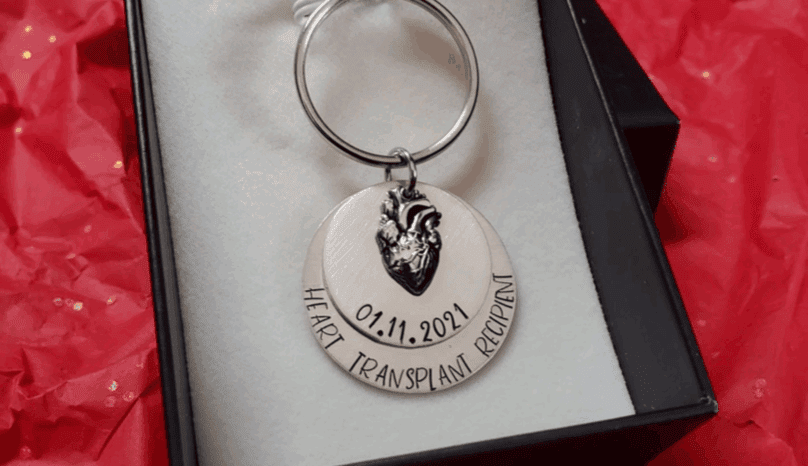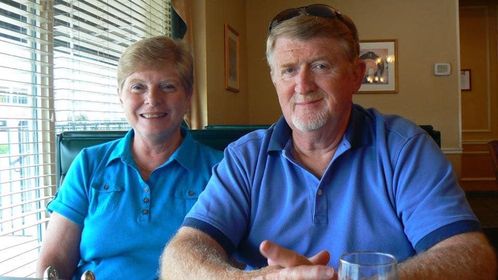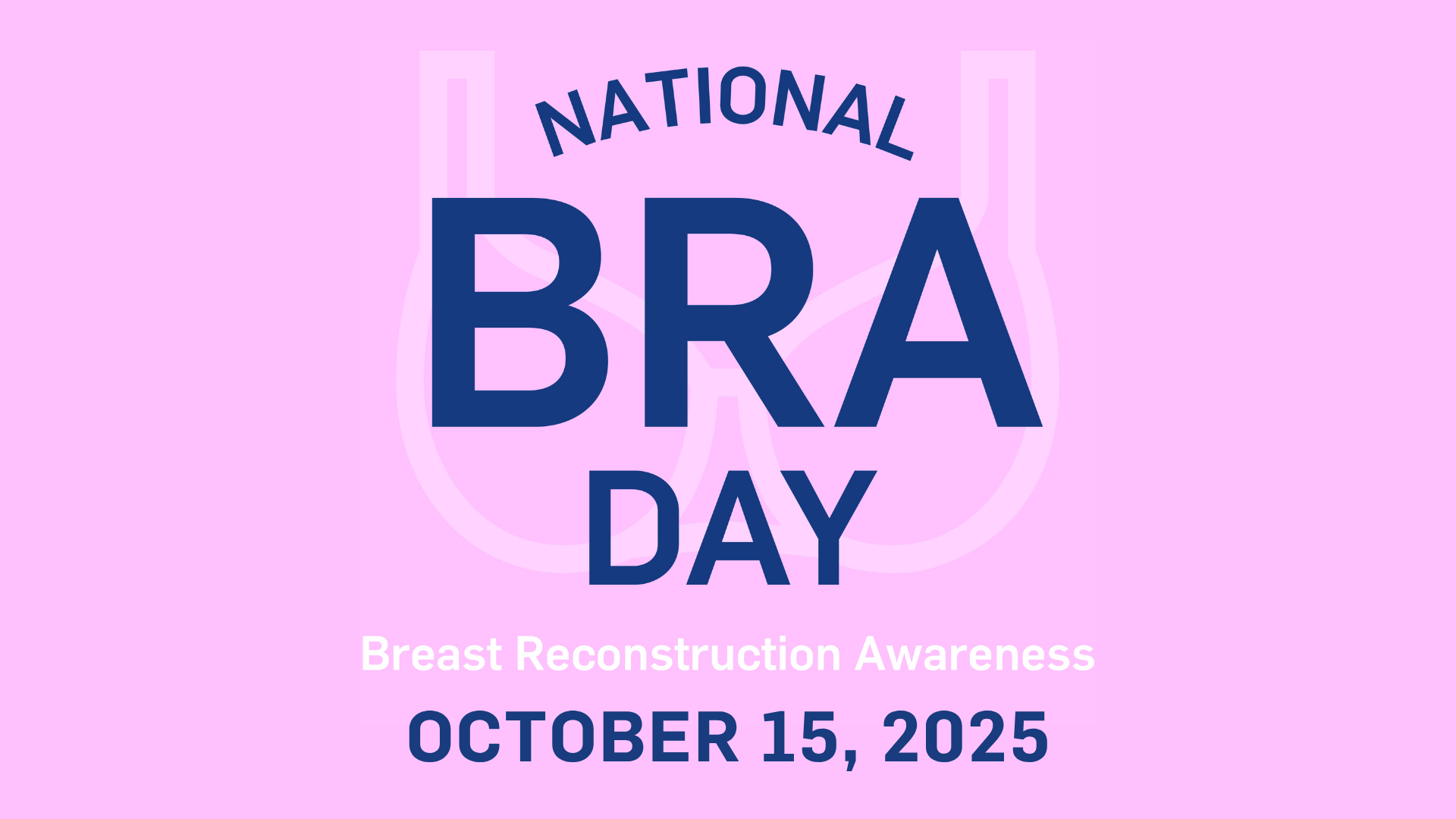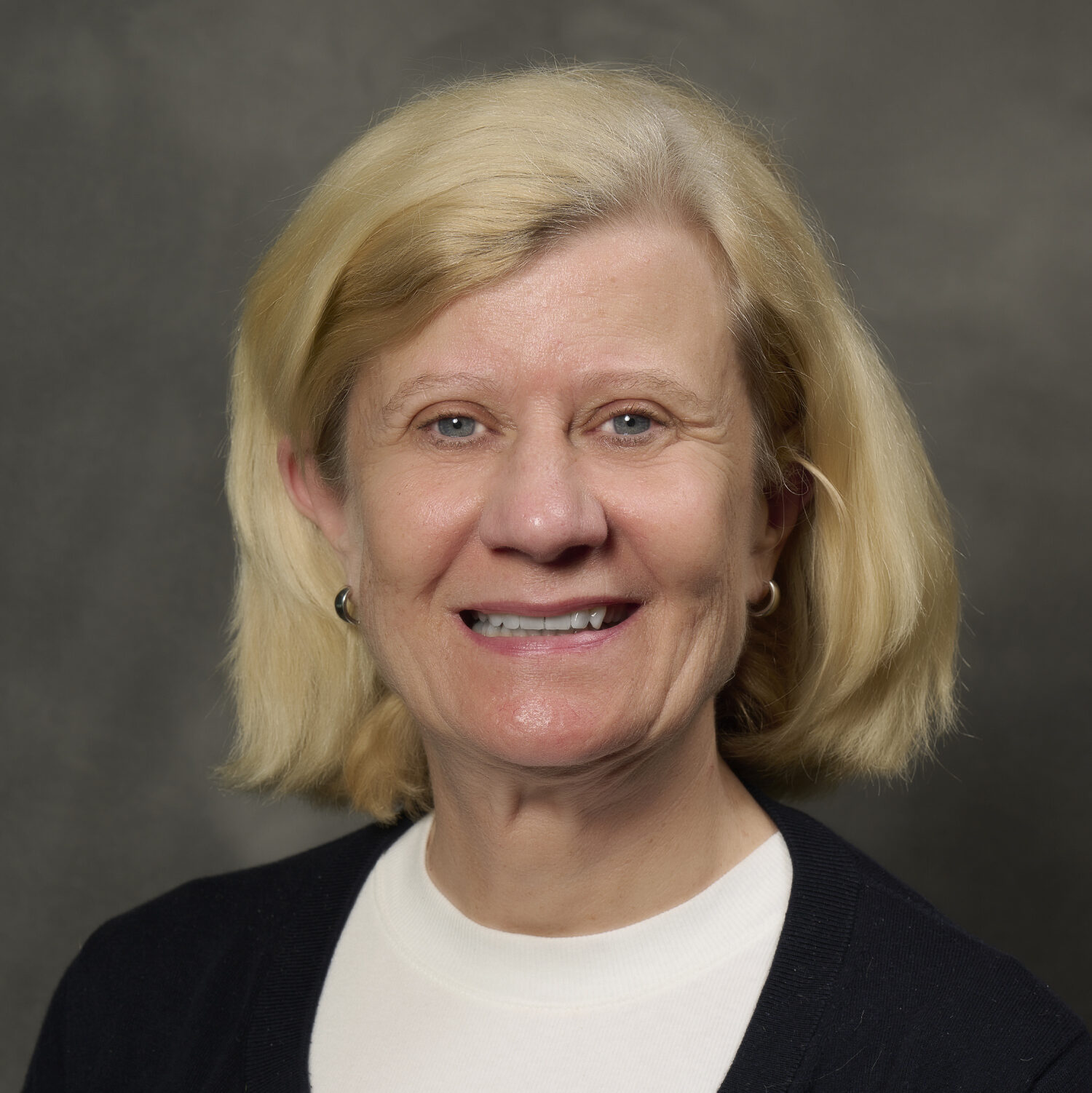In November of 2019, Darren began experiencing severe pain, which he chalked up to an old back injury. Firmly in the grip of denial, Darren opted not to seek treatment. “I was young, with a family, and not ready to depart.”
It wasn’t until he began spitting up blood and fighting to breathe a month after the initial symptoms started that his wife insisted on a trip to the emergency room.
Darren was lucky. He had survived a “widowmaker” heart attack, even after waiting a month to seek treatment.
“I remember the conversation with the head of cardiology very well,” said Darren. “His first words were, ‘I want you to recognize the fact that you, sir, are a miracle. Because people don’t survive what you’ve survived. And you”re here.’”
The doctor continued, “Unfortunately, there’s nothing we can do for you here.”
Darren needed a heart transplant, but he would have to seek treatment at a different hospital in the St. Louis area. “At this point, I was on my deathbed basically,” he said. For a period, his health was so precarious that doctors doubted he could survive a transplant.
But Darren continued to defy expectations. His condition stabilized, and he was placed on the transplant list.
Heart disease is the leading cause of death for American adults
February is American Heart Month – an important moment to reflect on the importance of cardiovascular health. Heart disease is the leading cause of death for adults in America. One in five deaths in the United States are attributed to cardiovascular disease annually, and data shows that younger Americans, like Darren, are increasingly affected by it.
Had Darren, or the many patients who suffer cardiovascular emergencies each year, better understood the warning signs, less intervention may have been necessary.
The American Heart Association lists chest discomfort, shortness of breath, and a sudden lack of responsiveness among possible symptoms of heart attack and cardiac arrest. If these warning signs are present, call 911.
An LVAD can be a bridge to transplant
By the time Darren was hospitalized in 2019, his left ventricle had already ceased to function. His cardiology team believes this is because he suffered several heart attacks before seeking treatment. His right ventricle was also severely damaged, leaving a heart transplant as the only option.
Darren was told that the wait could take years. To keep him alive in the interim, a left ventricular assist device (LVAD) was surgically implanted in his heart to assist in pumping blood.
At 4:04 pm on January 10, 2021, after just five months of waiting, Darren received the exhilarating call.
“Dr. Itoh has selected a heart for you,” said his transplant coordinator Mary.
It was an intense moment for Darren.
“The best way I could think to describe that is to visualize having awareness of every emotion you have simultaneously. You”re so excited, but you”re so nervous. You know someone died to give you this chance to live, so you feel sadness.”
The next day, Darren received his new heart. He remembers it as the day he was “given his life back.” Two years later, he is healthy and thriving.
“I’m doing fantastic,” he said. “You know, this year, I feel confident about my health and my heart.”
American Heart Month prioritizes preventative measures
While knowing what to do in an emergency can be the difference between life and death, American Heart Month also reminds us to prioritize preventative measures.
According to the American Heart Association, smart choices can have a big impact. “In most cases, heart disease is preventable when people adopt a healthy lifestyle, which includes not smoking, maintaining a healthy weight, controlling blood sugar and cholesterol, treating high blood pressure, exercising at least 150 minutes of moderate-intensity physical activity a week and getting regular checkups.”
The Centers for Disease Control provides an American Heart Month toolkit full of resources for raising awareness about cardiovascular disease.
The miracle of organ donation provides the greatest gift
More than 2,000 heart transplants are performed in the United States each year, and over 4,000 adults and children in the United States are currently waiting for a new heart. Many have been on the transplant list for months or years.
Darren hopes his story will serve as both a cautionary tale and a call to action. “I think this is my new purpose, sharing stories, and promoting advocacy for signing up to be an organ donor,” he said.
This February, to celebrate American Heart Month, we hope that you will be inspired by the triumphant stories of transplant recipients like Darren. His life, like so many others, continues because of organ donors who have given the ultimate gift.
Reflecting on his personal journey, Darren said the ordeal has given him a new perspective.
“I’ve learned to just walk by faith, not by sight,” said Darren. “And to really just enjoy being alive and try to share that love and joy with everyone that I encounter.”
By registering as an organ or tissue donor, you can help keep that joyful light shining for a patient in desperate need. Registering to join the national organ and tissue donor registry takes just a few minutes. Will you sign up to leave a legacy of hope and healing today?



